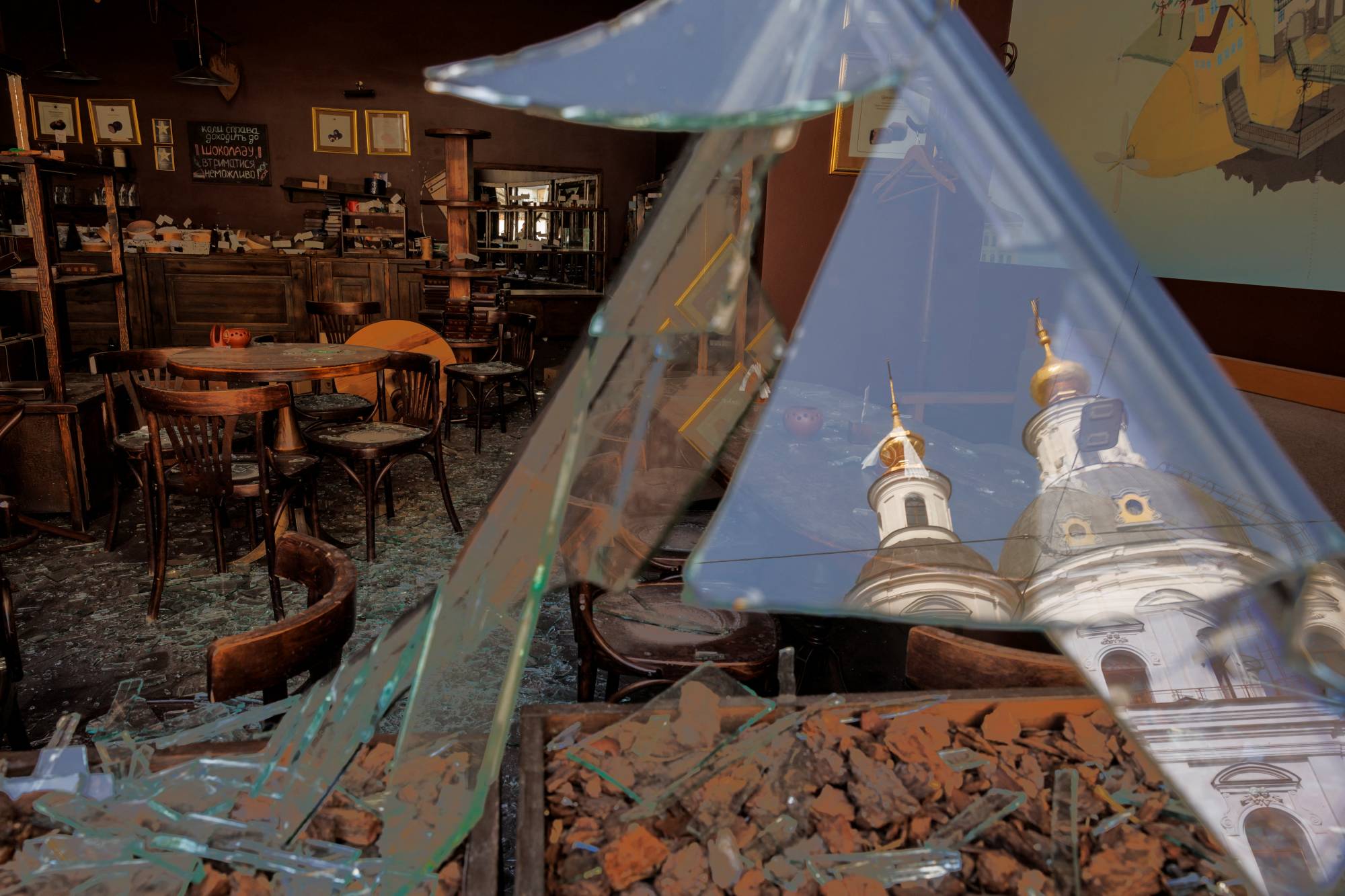In late February, on a cold night in Kharkiv, Viktoria Naumenko caught a bus to a bar where two of her closest friends were waiting to tell her about their engagement. Outside, she lit a cigarette to calm her nerves before stepping into the noisy cafe. She texted a friend in Canada: "I feel like this might be the last time I'll see my friends alive."
Naumenko, 39, had been warning those around her since the beginning of December that war was imminent. A war historian who spent 20 years interviewing survivors of past European conflicts, she thought she knew what was to come. She stocked up on food, urged friends with children to leave the eastern Ukrainian city, and sent all of her research to her boss in the U.S. for safekeeping in case something happened to her.
Most of the people she knew listened patiently, but dismissed the possibility of a full-scale Russian invasion. To placate her, some of them booked tickets out of Kharkiv and then quickly cancelled them. Naumenko's boss insisted war was unthinkable — but seeing how worried she was, he paid her two months' salary to put her mind at ease.


















With your current subscription plan you can comment on stories. However, before writing your first comment, please create a display name in the Profile section of your subscriber account page.